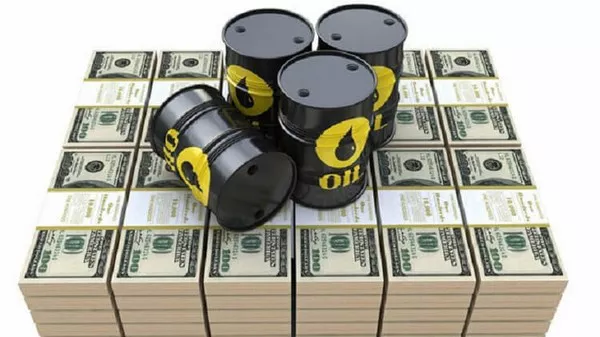The oil market is closely associated with futures trading, making it one of the most significant futures markets globally. Oil futures provide a platform for participants to hedge against price fluctuations, speculate on price movements, and manage risk in the oil industry. In this article, we will explore the concept of oil futures, how they function, and their importance within the energy and financial sectors.
Understanding Oil Futures
Oil futures are financial contracts that allow participants to buy or sell a specified quantity of oil at a predetermined price on a future date. These contracts are traded on commodity exchanges such as the New York Mercantile Exchange (NYMEX) and the Intercontinental Exchange (ICE). Oil futures play a crucial role in providing liquidity, price discovery, and risk management in the oil market.
How Oil Futures Work
Oil futures operate through the buying and selling of contracts based on future oil prices. Participants in the oil futures market include producers, consumers, traders, speculators, and hedgers. Producers may use oil futures to lock in prices for future production, providing certainty and stability in revenue streams. Consumers, such as airlines and shipping companies, may use futures contracts to hedge against price volatility and protect their budgets.
Speculators enter the market with the intention of profiting from price movements without any interest in physical delivery. Hedgers, on the other hand, use oil futures to offset the risk of adverse price movements in their underlying business operations. For example, an airline may hedge against rising jet fuel prices by buying oil futures contracts.
Significance of Oil Futures
Oil futures play a critical role in the energy and financial markets for several reasons:
Price Discovery: Oil futures provide a transparent mechanism for determining prices based on supply and demand dynamics, geopolitical events, and market sentiment. Prices established in the futures market influence spot prices for physical oil transactions, allowing market participants to make informed decisions.
Risk Management: Oil futures allow participants to hedge against price fluctuations and manage risk effectively. Producers, consumers, and traders use futures contracts to protect themselves from adverse price movements, ensuring stability and predictability in their operations.
Market Liquidity: The oil futures market is highly liquid, with active trading volumes and tight bid-ask spreads. This liquidity ensures efficient price discovery and allows participants to enter and exit positions quickly and cost-effectively.
Global Market Access: Oil futures are traded on international exchanges, providing participants with access to a global marketplace. This global reach allows producers, consumers, traders, and investors to manage price risk effectively, regardless of their geographic location or market exposure.
Factors Influencing Oil Futures Prices
Several factors influence oil futures prices, including:
Supply and Demand Dynamics: Changes in global oil production, consumption, and inventories affect supply and demand dynamics, impacting futures prices. Supply disruptions, geopolitical tensions, and economic growth can lead to fluctuations in oil prices.
Geopolitical Events: Geopolitical events such as conflicts, sanctions, and political instability in oil-producing regions can disrupt supply and cause price volatility in the oil futures market.
Economic Indicators: Economic indicators such as GDP growth, employment rates, and industrial activity influence oil demand and prices. Strong economic growth tends to increase energy consumption, while economic downturns can lead to reduced demand and lower prices.
OPEC Actions: The Organization of the Petroleum Exporting Countries (OPEC) plays a significant role in influencing oil prices through production decisions and supply quotas. OPEC’s actions, along with those of non-OPEC producers, can impact oil futures prices.
Conclusion
In conclusion, oil futures are a vital component of the global energy and financial markets, providing participants with a platform to hedge against price fluctuations, speculate on price movements, and manage risk effectively. The significance of oil futures lies in their role in price discovery, risk management, liquidity provision, and global market access.
By understanding how oil futures work and the factors that influence prices, market participants can make informed decisions about buying, selling, and managing risk in the dynamic and interconnected world of energy commodities. Whether seeking to hedge against price risk, speculate on price movements, or manage exposure to oil prices, the oil futures market offers a valuable mechanism for achieving financial objectives and navigating uncertainties in an ever-changing marketplace.

